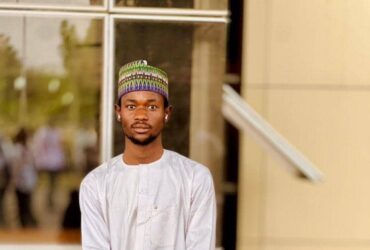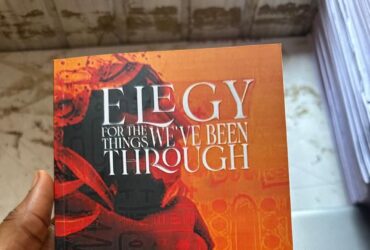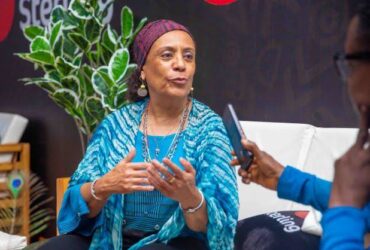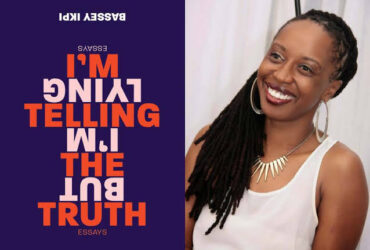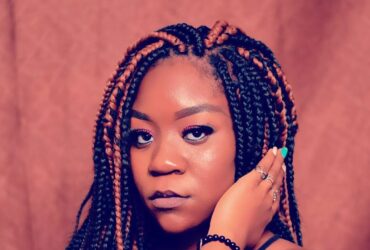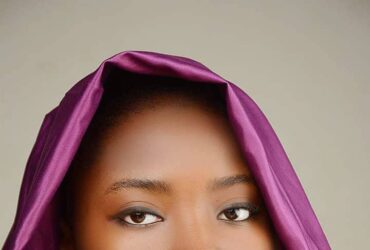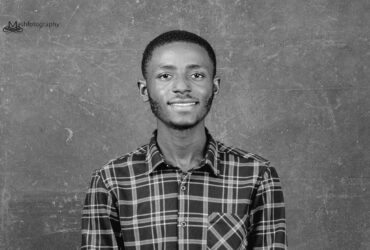Ever since I was in Nursery school, I fell in love with those nursery rhymes and songs that even at home, I was always with my book simply because I wanted to recite it.
Véronique Tadjo is a renowned Ivorian novelist, poet, and writer. At 69, her work stands as a powerful testament to her rich heritage and the influence of the French language, in which most of her writing is rooted and written. Her work has been translated into over 20 languages, but as English author Samuel Johnson observed, “the beauties of poetry cannot be preserved in any language except that in which it was originally written.
Bassey Ikpi still identifies as a writer though she has referred to herself as an “ex-poet”. She has recently clarified that poetry was simply the conduit through which she could articulate all the emotions she failed to understandably express. Now, she says, she is healthier than ever and is interested in publicising wellness as a possibility, as a lifestyle.
I was a teenager still when I got to know grief personally. I would sit alone in my room reminiscing about the memories we shared & I would write poems that came right from the heart, unlike the rhymes I wrote, which I believe are more of intellect than expression.
for her sleep-sedated lambs who will awake later & demand flowers
So because I was ‘smart’ in class and a little rebellious, I got away with telling the teachers I would not do any of that reciting poems with other kids in class, which is a bad thing retrospectively, but I mean, utilize privilege when you can.
I’d never forget the day he died, Marzuq looked me in the eye and I saw how much pain he was in. He was just nine months old. He was laid on the bed, as usual on his back for his siesta.
My poetry was informed by loss—the regurgitation of constant emotions from the influence of this loss.
Although this poem speaks to the loss of my mother, while also paying homage to the very essence of womanhood, my mother is still very much alive and well. In an interview with Chimee Adioha of Black Boy Review, Ukata Edwardson once said: "The truth is, in all reality, every piece of art and literature performs a little lie."






